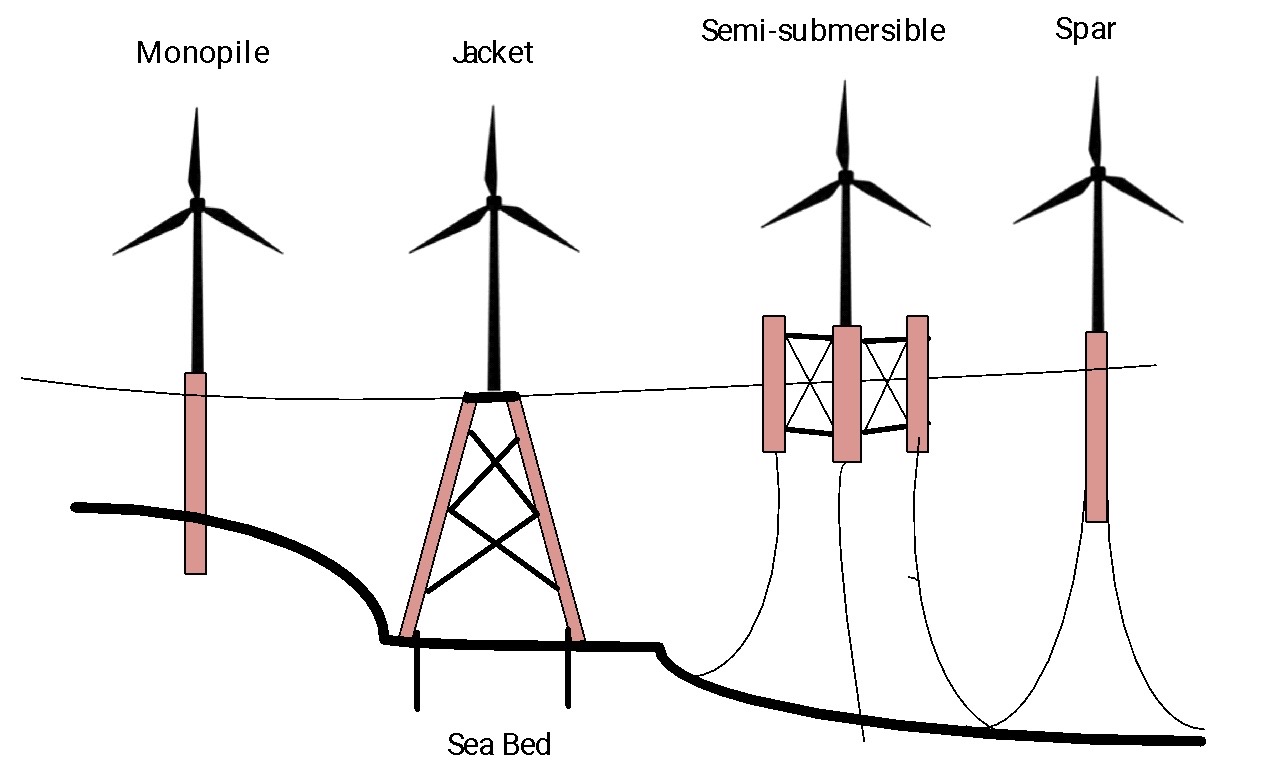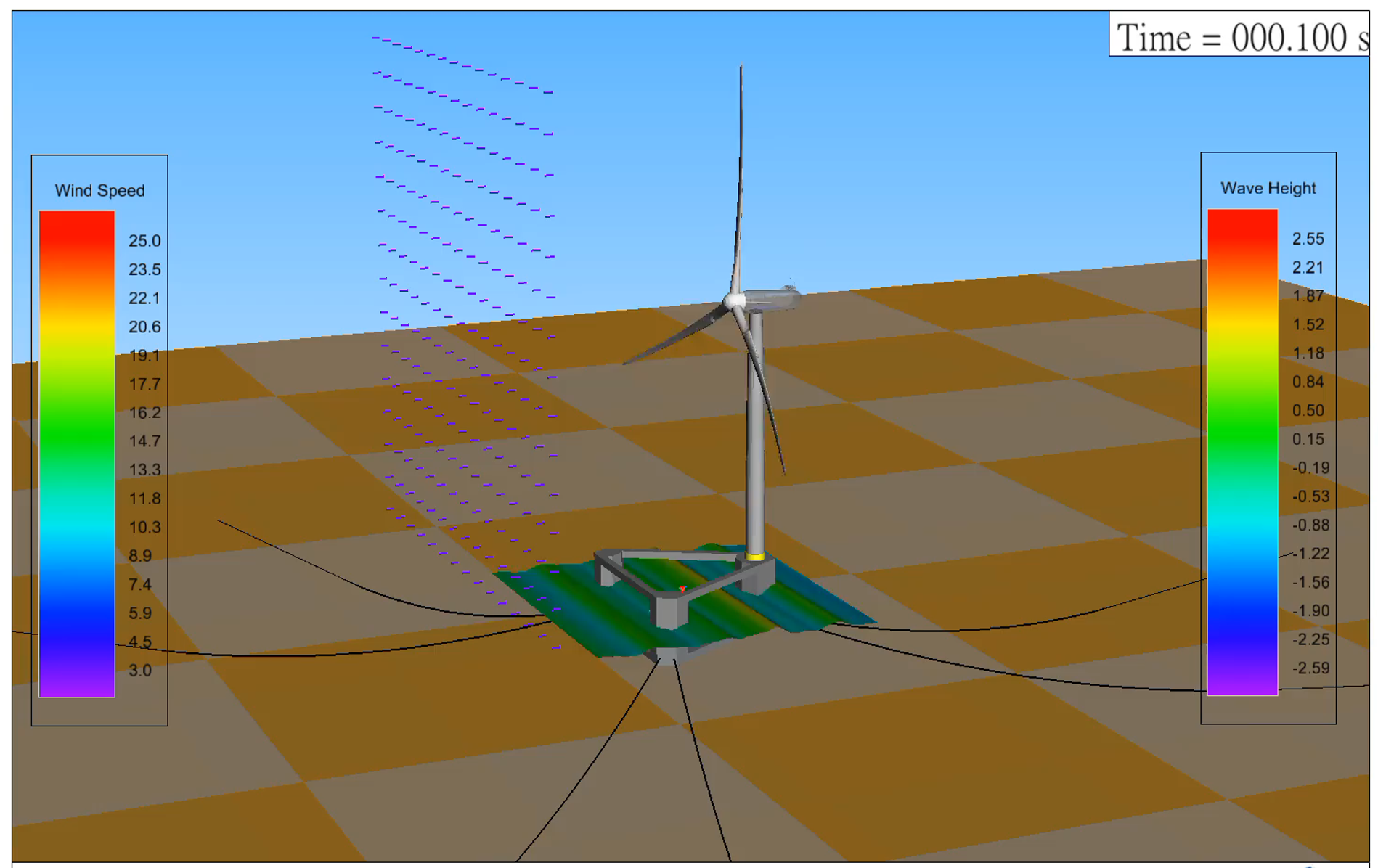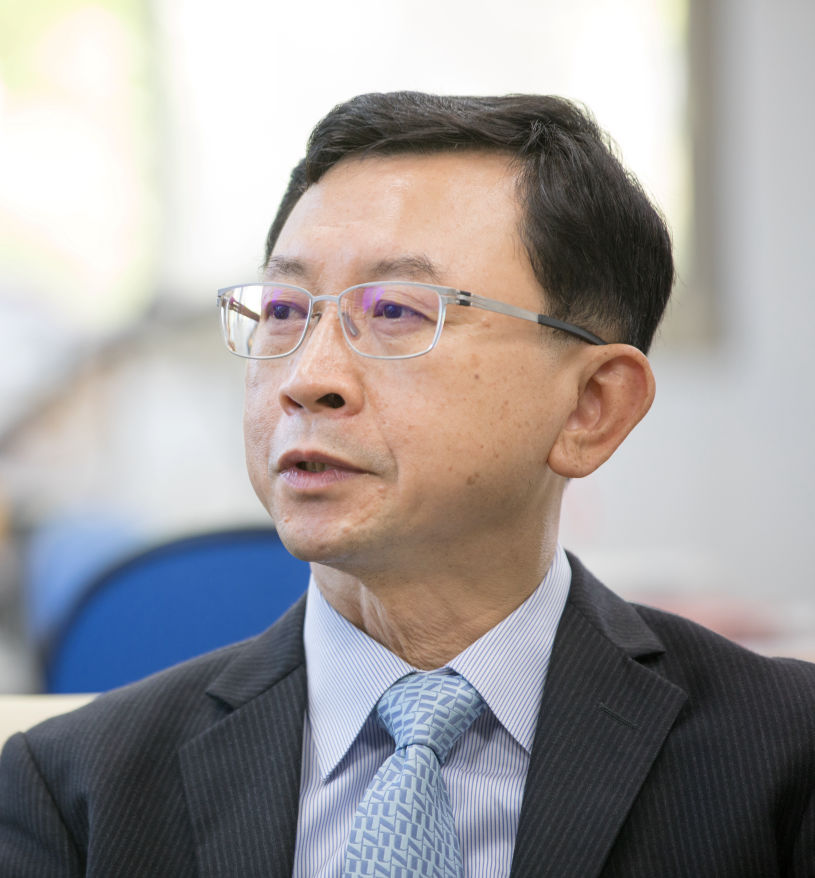Keynote Speaker
Biography
Prof. Dr.-.Ing. Mao-Hsiung Chiang obtained the Bachelor degree at the Department of Naval Architecture and Ocean Engineering, National Taiwan University in 1990, and his Master degree at the same department in 1992. Subsequently, he began his study in Institute of Fluid Power Transmission and Control (IFAS), RWTH Aachen University, Germany, in 1994 and achieved the Dr.-Ing. degree in Fluid Power Control in 1998. After that, he was Assistant Professor and then Associate Professor until 2006 at the Institute of Automation and Control, National Taiwan University of Science and Technology. In 2006 he was Associate Professor at the Department of Engineering Science and Ocean Engineering, National Taiwan University (NTU), Taipei, Taiwan. Since 2012, he has been Full Professor at the same department, and from 2015 to 2021 he was the Department Chairman at the same department. Since 2021, he becomes Associate Dean and Distinguished Professor of College of Engineering, NTU. Besides, from 2016 to 2019 he was Principal Investigator, Offshore Wind Power and Marine Energy Focus Center, National Energy Program NEP II, Taiwan. Since 2018, he is Director of Energy Research Center, NTU. He has awarded by many different conference and organization, including Outstanding Research Award, National Science and Technology Council in 2019. His recent research interests include renewable energy system dynamic simulation and control, opto-mechatronic system design and control, and fluid power control.
Development and Outlook of Taiwan Offshore Wind Power for Net Zero Carbon Emission
M.H. Chiang
Abstract
Taiwan is aiming for 5.7 GW of installed offshore wind capacity by 2025, and overall capacity to 20.7 GW by 2035 for carbon reduction and energy indigenous. Taiwan’s first operational offshore wind farm is Formosa 1 Phase 1, whose two 4 MW wind turbines were officially commissioned in April 2017. By combining with the offshore wind farm development and in consideration of domestic industry technical maturity and foreign company planning, commitment of local supply chain and localization of offshore wind turbine, foundation, maritime engineering, etc. are ongoing. For that, the related research and the talent cultivation for wind farm development and supply chain localization become urgent in Taiwan. In December 2022, the first 3 GW auction of Phase 3 Zonal Development for 2026 and 2027 has been open and selected. The trend to develop deeper water zone with water depth over 60 m is clear. The floating offshore wind turbine has become a significant and urgent issue in Taiwan. This presentation introduces the current status and the outlook of policy, industry development, research, and talent cultivation of offshore wind power in Taiwan.


Figure 1: Different types of foundation, and TaidaFloat developed by NTU.

